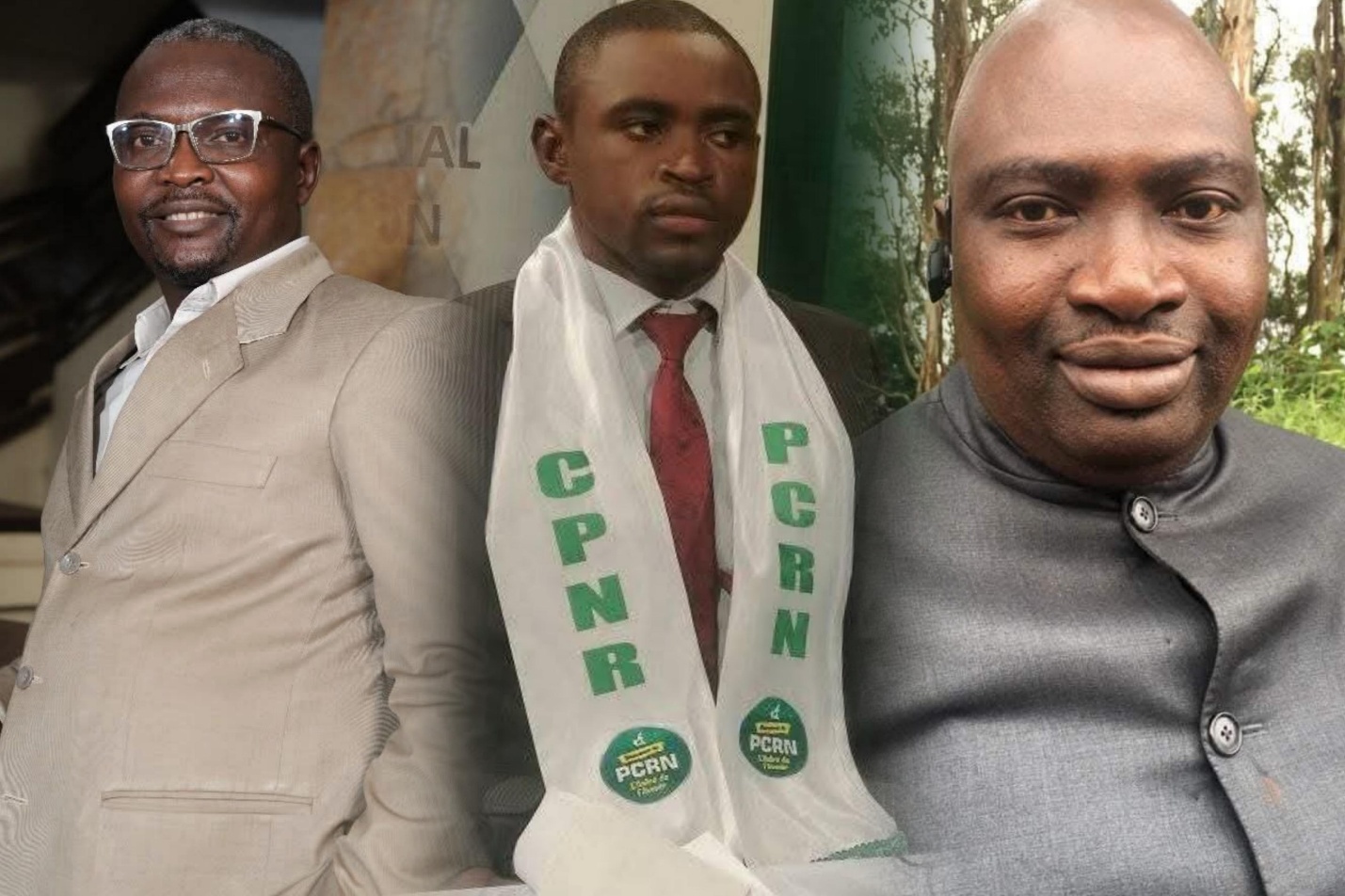As the ruling Cameroon People’s Democratic Movement, CPDM, celebrated its 40th anniversary on March 24, 2025, with grand political rallies across the nation, opposition political parties voiced strong criticisms of the party’s legacy and governance, demanding change.
The CPDM marked its four-decade-long tenure with fanfare, aiming to rally supporters ahead of the 2025 presidential election. The celebrations demonstrated the party’s national character, its emphasis on peace, unity, and President Paul Biya’s leadership. Women and youth were given special recognition for their loyalty to the party, and messages focused on government achievements, national unity, and vigilance against manipulation and violence.
However, the opposition, which remains critical of the CPDM’s policies, governance, and the current political environment, wasted no time in pointing out what they see as the shortcomings of the ruling party. Kwajika Blaise Jumangong, member of the National Political Bureau of the Cameroonian Party for National Reconciliation, CPNR, expressed strong discontent with the CPDM’s leadership, stating, “It will be very difficult to say exactly what the CPDM has done for the past 40 years when corruption and nepotism have destroyed our living together.”
According to Jumangong, the Cameroonian population is still deprived of basic needs such as potable water, electricity, quality education, and job opportunities, with widespread neglect of crucial sectors like healthcare. He criticized President Biya for failing to prepare a new generation of leaders and lamented the lack of political transition within the party. “If after 40 years in power, he is unable to give a chance for young leadership to inherit his legacy, then it is not worth celebrating,” he added.
Jumangong further highlighted the Anglophone crisis, accusing the CPDM of negligence in addressing the issue, which has escalated into an ongoing conflict. Jumangong proposed a different vision for Cameroon, suggesting a system of “Community Federalism” that would empower local communities and address issues of corruption and decentralization. He called for bold decisions to resolve the Anglophone crisis and stressed the need for equitable distribution of resources and land ownership to create job opportunities for youth.
Louis Marie Kakdeu, second vice-national president of the Social Democratic Front, SDF, also criticized the CPDM’s governance. He described the CPDM as a party that is “all about administration,” noting that without the administrative structure of the government, the party would cease to exist.
Kakdeu emphasized the lack of democratic processes within the party, citing the absence of regular conventions and central committee meetings. He accused the CPDM of using state resources to secure political power and undermining the very idea of a political party with ideology and a clear program.
Kakdeu also condemned the CPDM for what he described as a “clientelist” political system, where individuals are forced to join the CPDM to survive in the country. “Cameroon is an open prison,” he remarked, where businesspeople and citizens are coerced into supporting the CPDM in order to succeed, making the country’s political landscape more about loyalty than merit.
Roger Justin Noah, deputy secretary general of the Cameroon Renaissance Movement, CRM, focused on the CPDM’s failure to deliver meaningful progress over the past 40 years. He noted that while the CPDM had initially made strides in establishing freedoms and laws in the early 1990s, the party has backpedaled on these achievements. Noah pointed to increasing political repression, with 60 members of CRM imprisoned for voicing dissent against the government.
He also critiqued the government’s economic management, pointing out that despite taking out significant loans; the country has not seen the promised economic development. “Cameroonians are poorer than ever,” he lamented, criticizing the lack of infrastructure and the substandard quality of education despite an increase in the number of schools and universities. Noah also proposed a federal system of governance as a solution to the Anglophone crisis, calling for a revision of the state structure to better suit Cameroon’s diverse context.
He emphasized the need for true separation of powers, where the judiciary, legislative, and executive arms of government are independent of each other, something that he claimed is currently lacking in Cameroon. In terms of social progress, Noah called for massive improvements in infrastructure, particularly road networks and railway systems, to connect Cameroon’s regions and spur economic development.
As Cameroon moves toward the 2025 presidential election, these critiques signal a rising demand for change, with opposition parties pushing for a system of governance that prioritizes decentralization, economic reform, and political freedoms.

